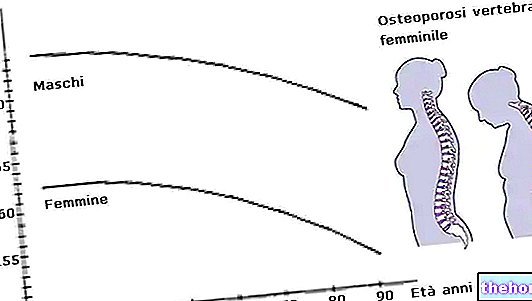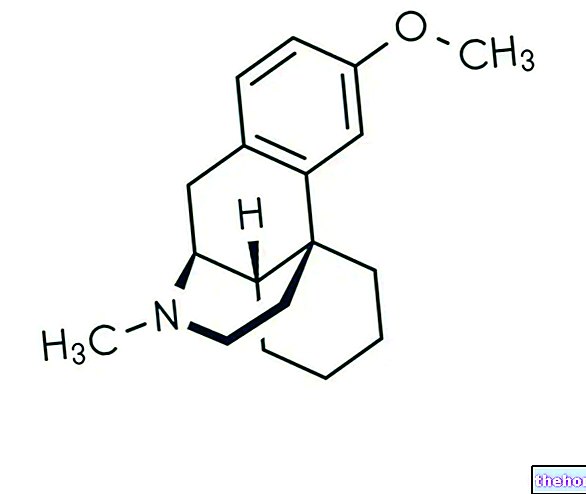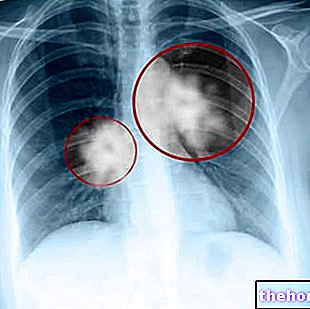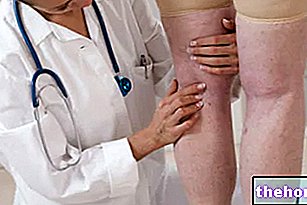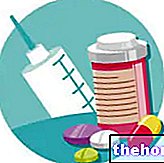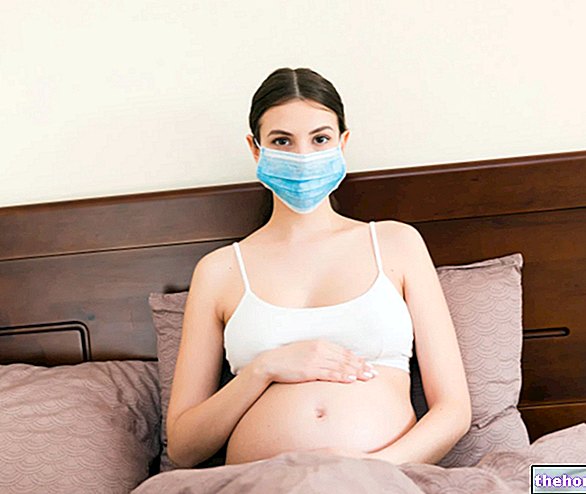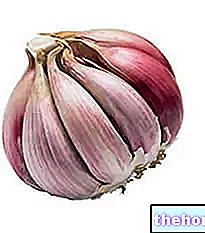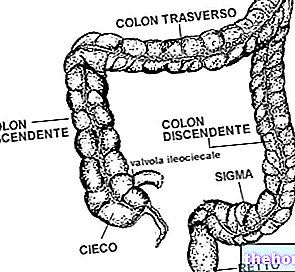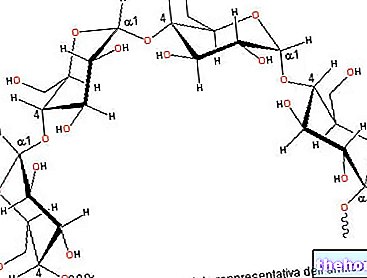Watch the video
- Watch the video on youtube
The indispensable cup of coffee represents a typically Italian ritual, the result of a habit so deep-rooted that it leads numerous experts, from the most varied disciplines, to periodically pronounce themselves on the benefits and risks of the beloved drink.

There are those who study its psychological aspects, those who investigate its organoleptic characteristics and those who, like us, are involved in studying its relationship with human health.
Benefits of Coffee
Among the many nutritional components of coffee, the best known and most studied is undoubtedly caffeine, as it has important properties, such as:
- the stimulatory effect on gastric and biliary secretion (this is why it is believed that a coffee at the end of a meal facilitates digestion);
- the tonic and stimulatory effect on cardiac and nervous function (this is why many people appreciate its energetic effect, useful among other things for not getting bogged down after a large meal);
- the lipolytic effect, that is, it favors slimming (caffeine stimulates the use of fats for energy purposes and thermogenesis, increasing the amount of calories burned by the "man machine");
- the anorectic effect (coffee taken in large doses decreases appetite).
In addition to caffeine, coffee contains many substances, the potential beneficial role of which on the organism is still being studied. In particular, various components have been isolated with marked antioxidant, antimutagenic and anti-inflammatory properties, which are however insufficient to compensate for the risk deriving from a high consumption of coffee.
Risks of coffee
The repercussions of caffeine on human health are dose dependent. A high consumption of coffee, which we will define in quantitative terms in the next paragraph, exposes the body to various risks:
- when it is excessive, the stimulatory effect on gastric secretion can cause damage to the digestive system - due to the high acidity of the juices poured into the stomach - (this is why coffee is contraindicated if you suffer from ulcer, gastritis or gastroesophageal reflux);
- the tonic and stimulatory effect on cardiac and nervous function can be harmful to people suffering from insomnia, hot flashes and hypertension; as the dose increases, caffeine causes tachycardia, pressure changes and tremors even in healthy people.
- The lipolytic effect, that is, it favors weight loss, is canceled and even reversed if sugar (+ 20 calories per teaspoon) or milk (+ 10 calories if the coffee is macchiato) is added to the coffee.
- The inhibitory effect on the absorption of calcium and iron can favor the establishment of anemic and osteoporotic pictures.
How Much Coffee to Drink
A reasonable limit is set in the intake of 300 milligrams of caffeine per day. Since an espresso provides an average of 60 mg of caffeine and a mocha type 85, the accounts are quickly made. However, since caffeine is present in over 60 plant species, including chocolate and tea, the contribution of other foods must also be considered.
On the basis of these considerations, a limit is generally set of three cups of espresso per day - for women and men of slim build - and of four cups for males who boast a more robust physical constitution (robust, for the record, is also the kind of coffee - Robust coffee - richer in caffeine).
During pregnancy it is a good idea to limit the consumption of coffee as much as possible, as high doses of caffeine are dangerous for the health of the fetus.









